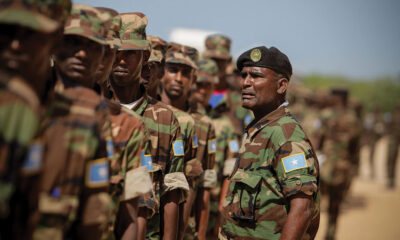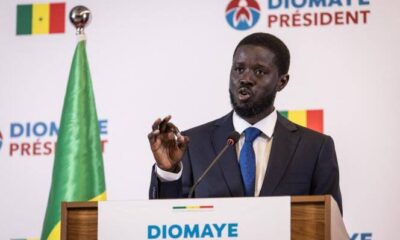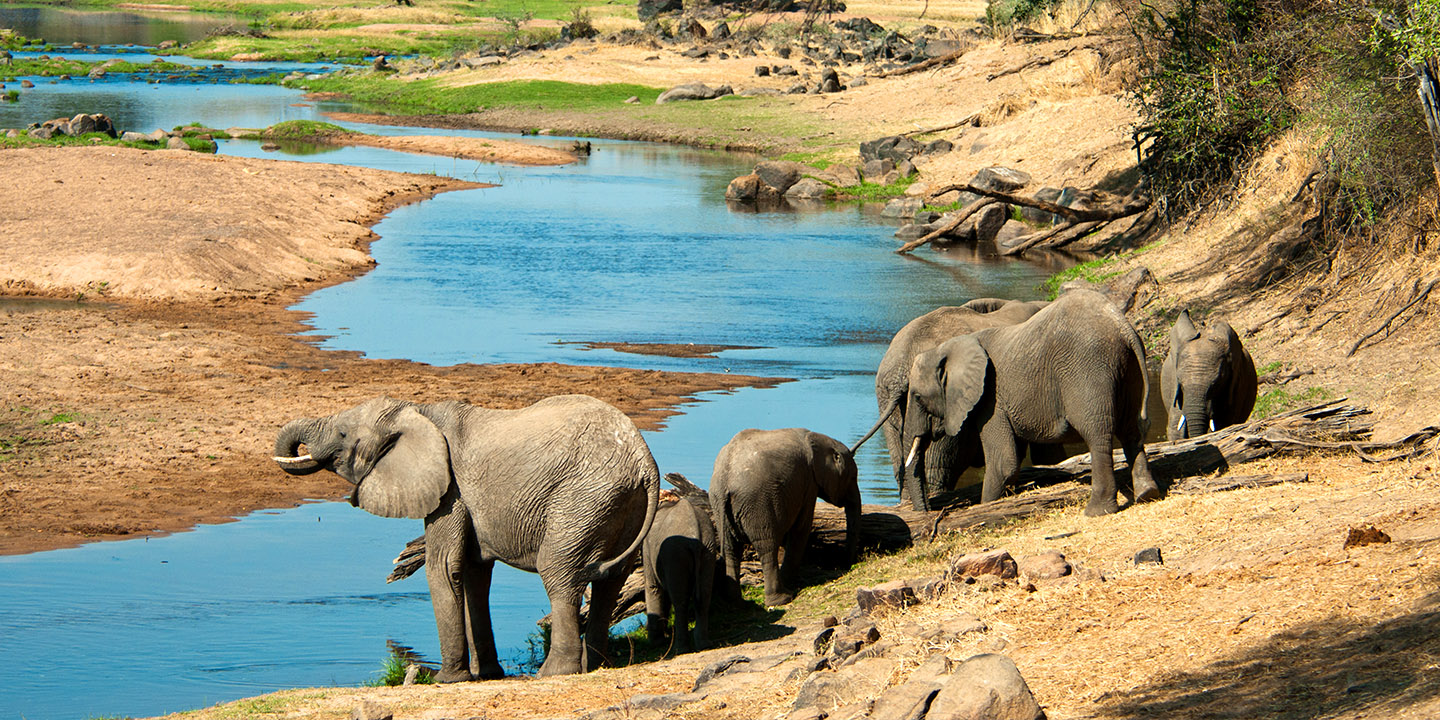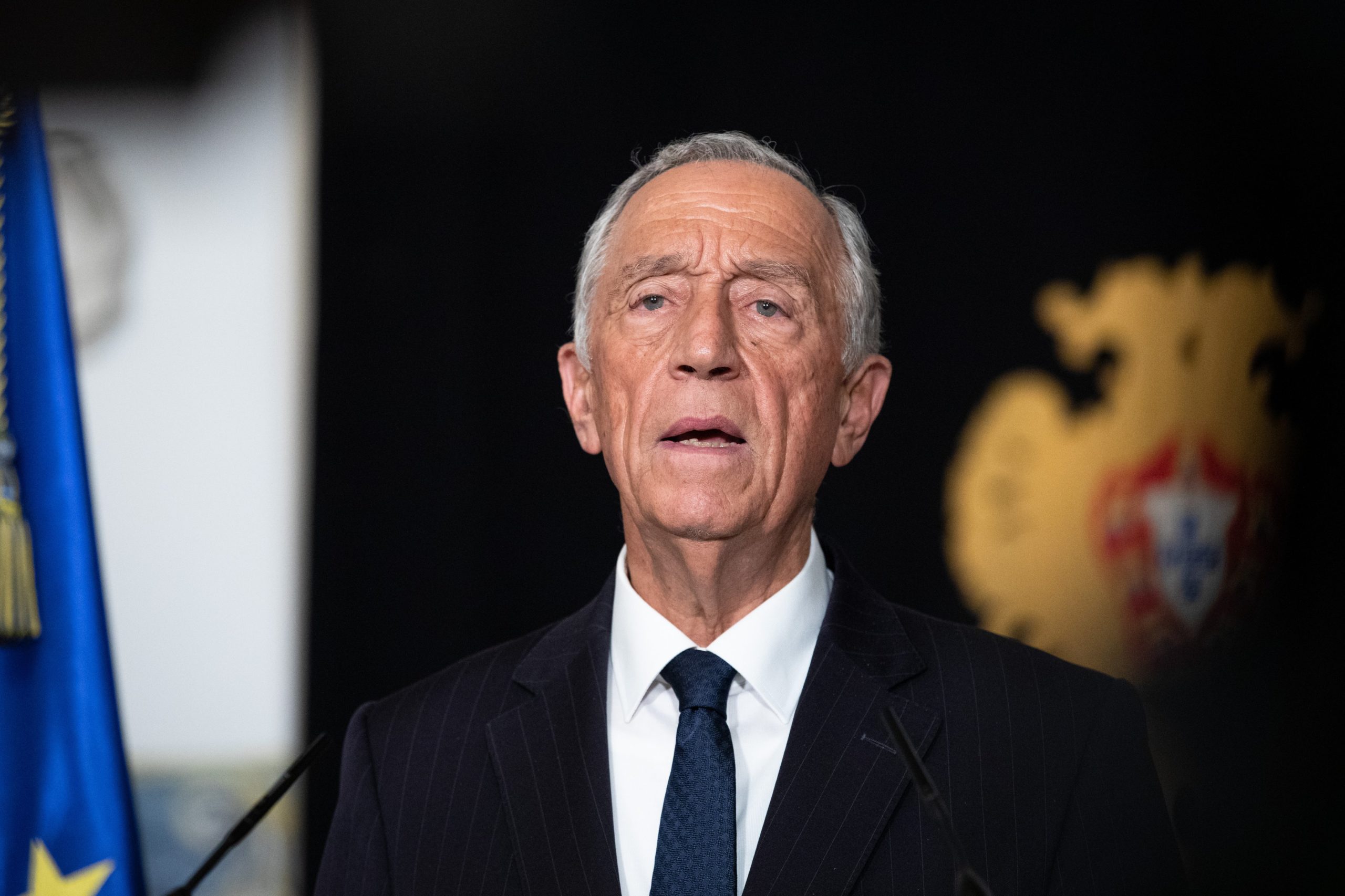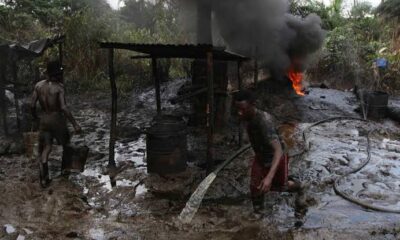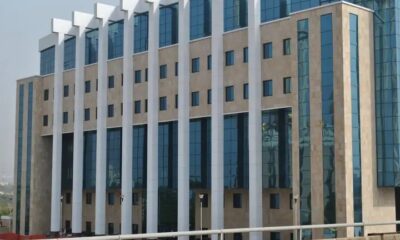Italian Prime Minister, Giorgia Meloni confirmed on Friday that her country would host the summit with African nations it recently postponed in late January.
The decision comes in the wake of the latest flare-up of the Israeli-Palestinian conflict.
Meloni said this after a cabinet meeting in Rome that approved initial steps towards an energy cooperation plan that Italy wants to offer to African countries.
“The Italy-Africa conference is scheduled for January 28–29,” she said.
The scheme, known as the “Mattei plan” and named after Enrico Mattei, founder of the state-controlled energy group Eni, is expected to lay the groundwork for cooperation beyond energy.
Italy and Eni have remained interested parties in the African economy, particularly since the beginning of the Russian-Ukraine war in February 2022. Italy has favoured gas supply from Africa, with countries like Nigeria, Algeria, and Morocco benefiting from that.
Eni recently hinted that North African countries would be Italy’s main gas suppliers for the next few years. Eni would invest roughly $3.5 billion over four years in Egypt, where its production last year averaged 346-kilo barrels of oil equivalent per day (KBOED), Brusco said, dismissing concerns about production problems at the Zohr field.
In Algeria, Egypt’s North African neighbour, Eni’s production increased from 95 KBOED to over 120 KBOED this year, with the field performing better than other larger fields in Russia. The energy firm anticipates investing $8 billion in Libya, where 165 KBOED was generated last year.
Beyond the economy and trade, Italy is also concerned about increasing illegal migrants of African descent through the Mediterranean, forcing it to seek mutual control mechanisms with some African states.
Italy has promised to make Africa a major focus of its presidency of the Group of Seven (G7) countries, which it will assume in 2024.


 Culture2 days ago
Culture2 days ago
 Tech2 days ago
Tech2 days ago
 Sports20 hours ago
Sports20 hours ago
 Metro22 hours ago
Metro22 hours ago



